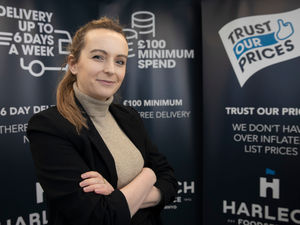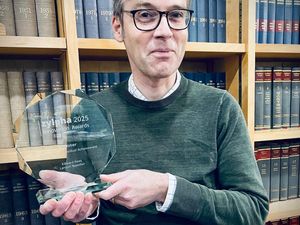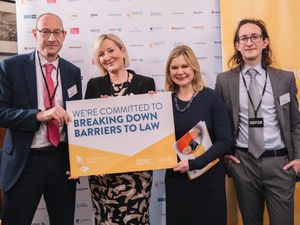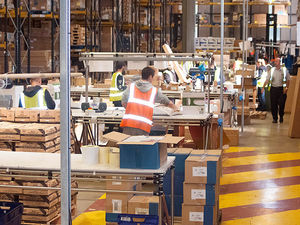Net Zero sprint aims to accelerate the West Midlands’ journey
The global mission of achieving net zero emissions requires targeted efforts and cross-industry collaboration.
The term “net zero” means achieving a balance between the carbon emitted to the atmosphere and the carbon removed from it, slowing down the increase in global warming and helping to reverse negative consequences of climate change.
With rapid urban growth and urban centres generating 70 per cent of the world’s carbon emissions, cities and regions are frontlines of the climate crisis and have a huge role to play.
Despite this being a global mission, I passionately believe that locally-led collaboration is key to achieving decarbonisation in cities and regions, which contributes to a more sustainable planet overall.
In 2019, the West Midlands Combined Authority (WMCA) laid out its vision to achieve net zero emissions in the region by 2041. The region has made great strides on its journey to a low carbon future, however there is always room for further collaborative action.
Through the Net Zero Sprint process which we developed in collaboration with the World Economic Forum, we have been working to drive local decarbonisation in the UK. The sprint is a cross-industry, multi-sectoral initiative with the goal of bringing together organisations across the region to identify targeted solutions, accelerating the local area towards its net zero goal. The power of public-private collaboration cannot be underestimated in creating meaningful change and impact.
In the West Midlands, Accenture and the WMCA brought together over twenty-five influential stakeholders for three workshops, who all have a local presence including Microsoft, Severn Trent, SSE Energy Solutions and Aston University.
The diverse group identified short-term decarbonisation solutions they could collectively deliver in the region, encompassing key themes such as local clean energy (enhancing regional energy resilience through generation and digitalisation), behaviour change (encouraging more sustainable practices amongst citizens), green places (creating a greener region by utilising smart technology) and circularity (embedding circular practices into the economy).
The Sprint process prioritises solutions based on a combination of environmental, social and economic outcomes to ensure solutions can positively contribute to the region in other aspects beyond decarbonisation.
One source of inspiration for these solutions was the Net Zero Carbon Cities Toolbox, developed by the World Economic Forum, in collaboration with Accenture. The toolbox currently hosts over 250 solutions across four key emissions drivers: the built environment, power and energy infrastructure, transport and water & waste management. The Sprint participants are now working to translate plans into action for the West Midlands through targeted and committed working groups.
The West Midlands is a dynamic force in the UK economy, and its cities and towns are vibrant hubs for society, culture and education. With 120,825 small to medium sized businesses located across the WMCA area, we’re certain that collaborative efforts will continue to be central to the region’s net zero mission.
Net-zero is a global problem that needs solving, but there’s no doubt that action taken locally will make a big difference to the broader picture- it’s everyone’s responsibility. The power of cross-industry collaboration between private and public players, such as the West Midlands Net Zero Sprint, are crucial with achieving net-zero with both a local and global interest.
By bringing together organisations to agree on collective action, we can accelerate local regions and cities towards a low carbon future.
Gemma Baker, Sustainability Managing Director at Accenture





